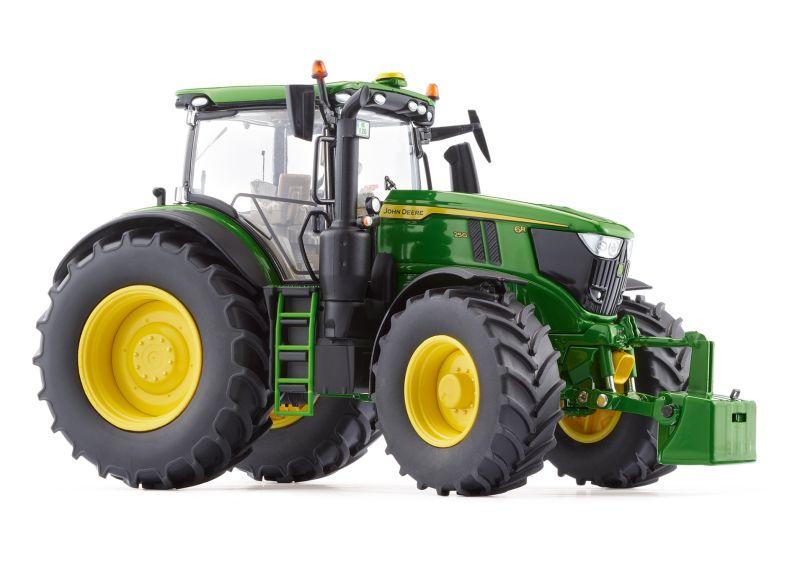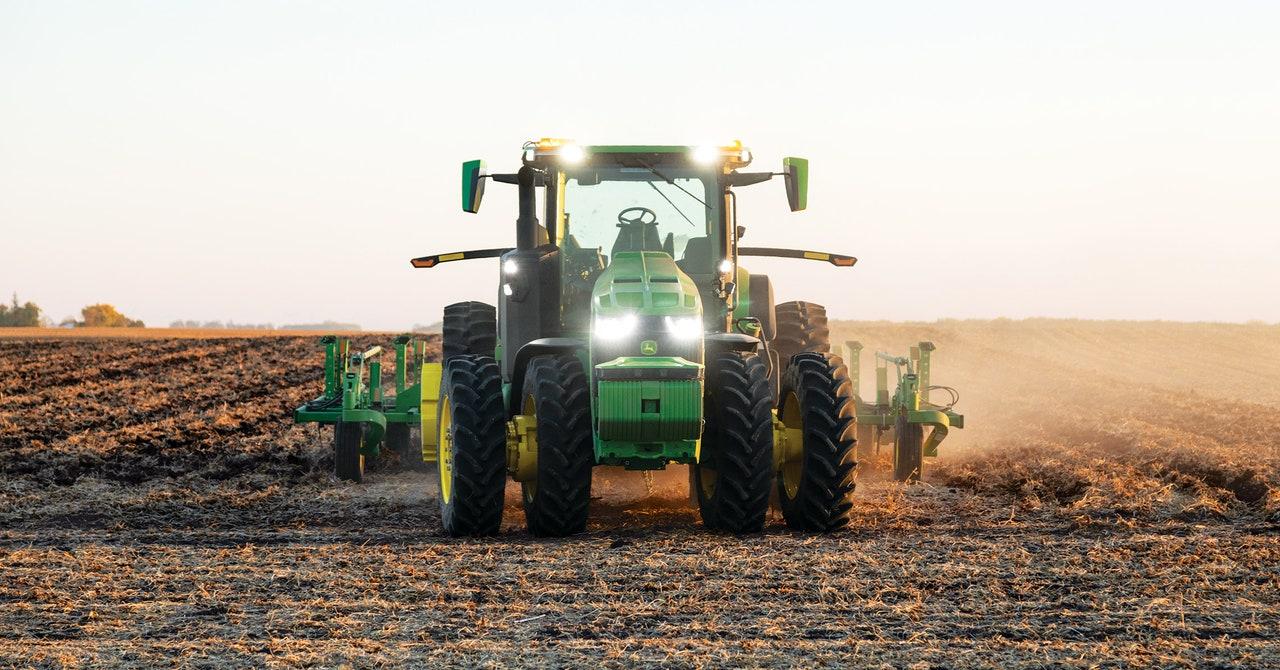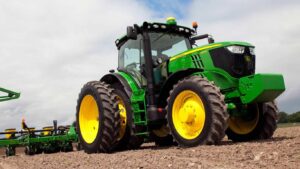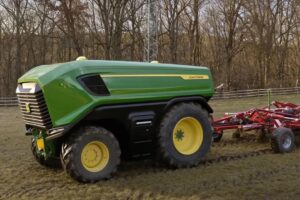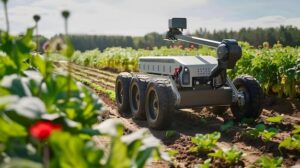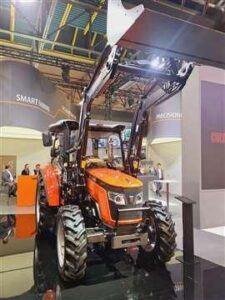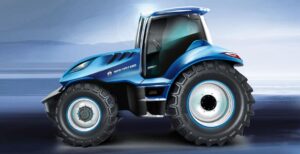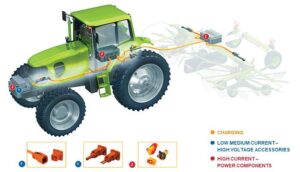In a meaningful development for agricultural technology, John Deere’s Chief Technology Officer outlined the company’s strategic vision for electric tractors during a recent industry conference. The revelation comes as the farming equipment giant navigates the global shift toward lasting machinery and addresses growing demands for environmentally conscious agricultural solutions. This announcement marks a pivotal moment in the evolution of farming equipment, as the world’s largest agricultural machinery manufacturer details its roadmap for electrification. In a groundbreaking revelation during an industry conference, Jorge Heraud shed light on the ambitious electrification roadmap for agricultural machinery. The technology chief emphasized the company’s commitment to sustainable farming solutions while addressing the challenges and opportunities that lie ahead.
The agricultural giant is developing high-capacity battery systems specifically designed to handle the demanding workload of farming operations. These advanced power units will enable tractors to operate continuously for up to 10 hours under moderate working conditions, with rapid charging capabilities allowing for minimal downtime during peak farming seasons.
A key innovation in the upcoming electric tractor lineup is the implementation of smart power management systems. These systems optimize energy consumption based on real-time task requirements, terrain conditions, and weather patterns. The integration of artificial intelligence allows the tractors to automatically adjust their power output, ensuring maximum efficiency while preserving battery life.
The company’s research and development teams are also focusing on the development of modular battery configurations. This approach will enable farmers to customize their electric tractors based on specific operational needs, with the ability to add or remove battery modules as required. The modular design additionally facilitates easier maintenance and future upgrades.
Field testing of prototype electric tractors has revealed promising results in terms of torque delivery and overall performance. the instant torque characteristics of electric motors provide superior control and responsiveness compared to traditional diesel engines, notably during low-speed operations such as precision planting and harvesting.
Infrastructure development remains a crucial aspect of the electrification strategy. The company is partnering with rural electric cooperatives to establish charging networks across agricultural regions. Solar-powered charging stations are being designed to provide sustainable energy solutions for remote farming operations.
Data collected from early adoption programs indicates potential operational cost savings of up to 30% compared to conventional diesel tractors. These savings stem from reduced maintenance requirements, lower energy costs, and increased operational efficiency through smart features.
The integration of autonomous capabilities with electric powertrains is another focal point of development. Self-driving electric tractors will be equipped with advanced sensors and connectivity features, enabling precise field operations while minimizing energy consumption.
Environmental impact assessments suggest that the transition to electric tractors could reduce agricultural carbon emissions by up to 40% when powered by renewable energy sources. The company is also implementing a extensive lifecycle management program for battery systems, ensuring sustainable disposal and recycling practices.
Production scaling plans indicate that commercial availability of full-size electric tractors will commence within the next three years. Initial models will target medium-sized farming operations, with larger capacity versions following as battery technology continues to advance.